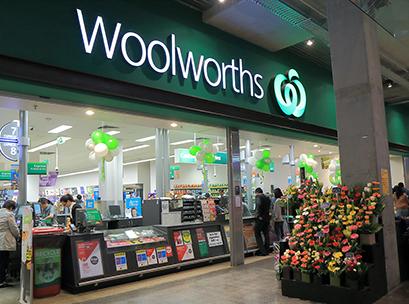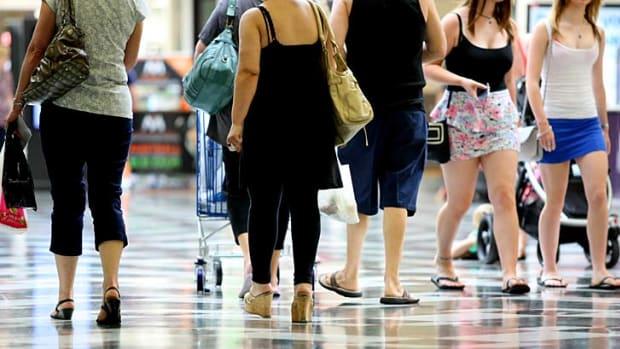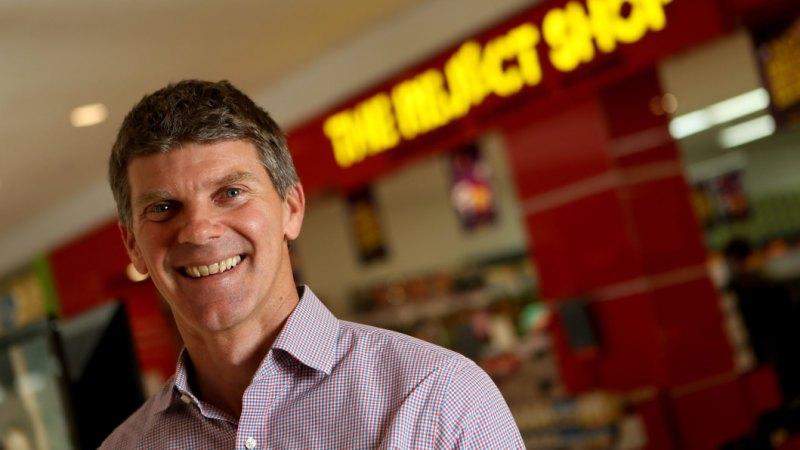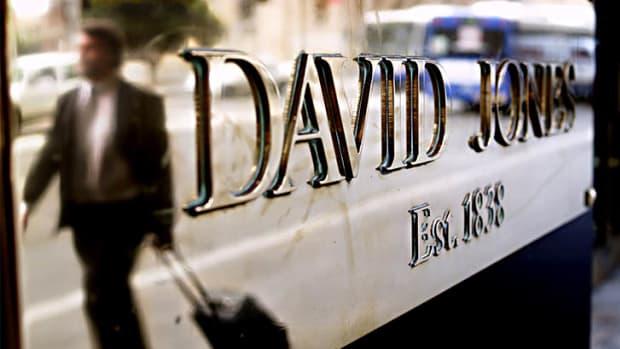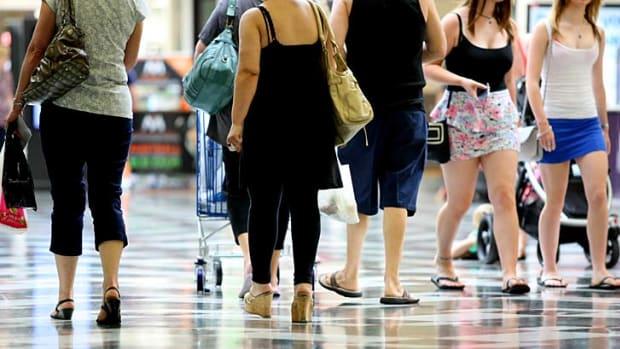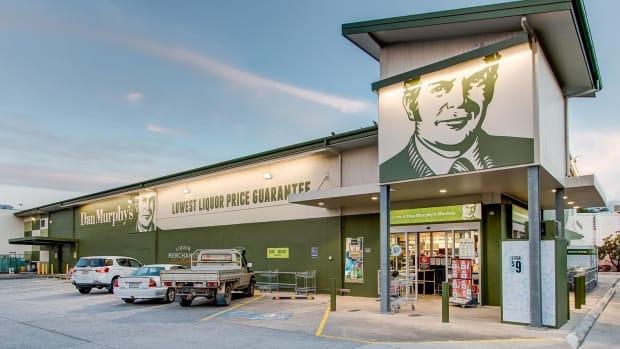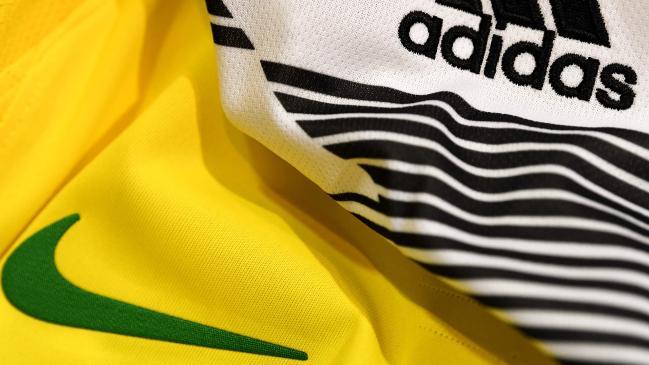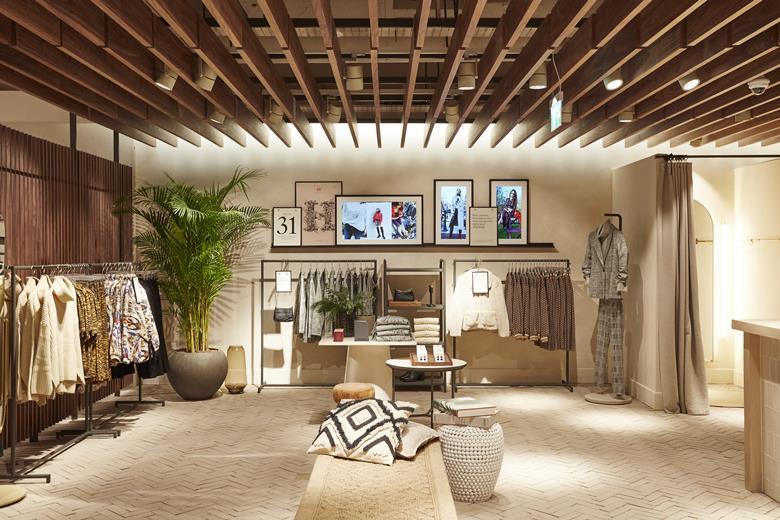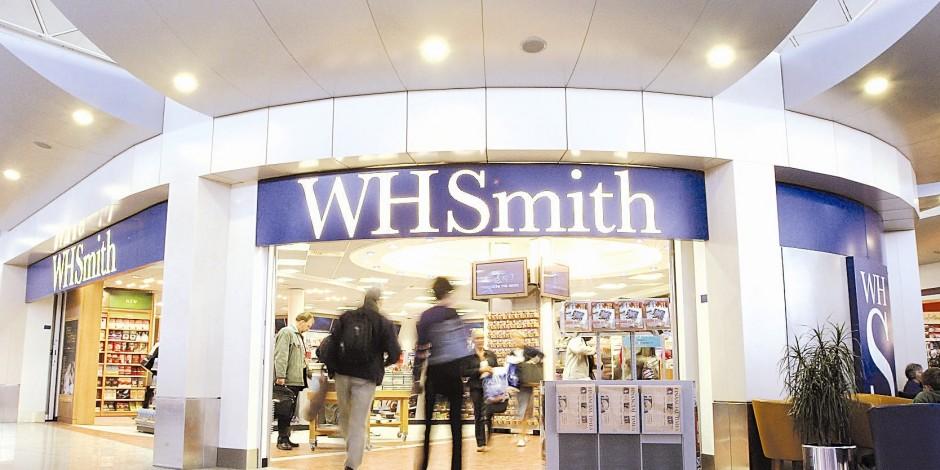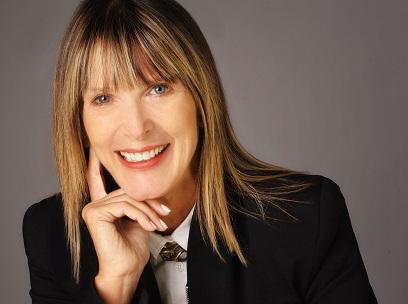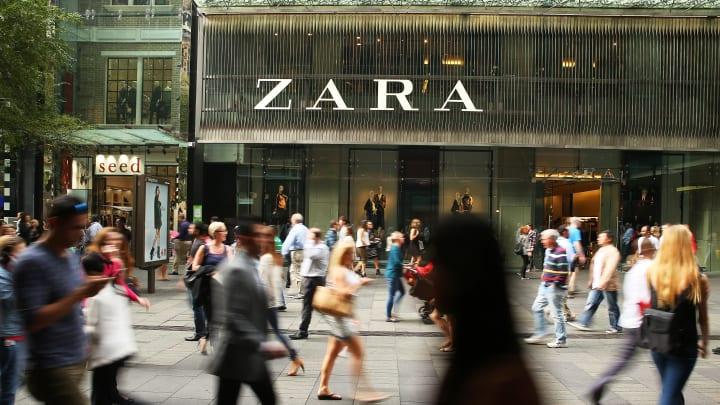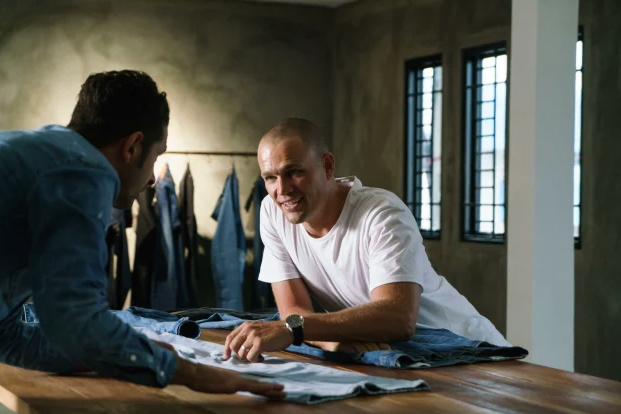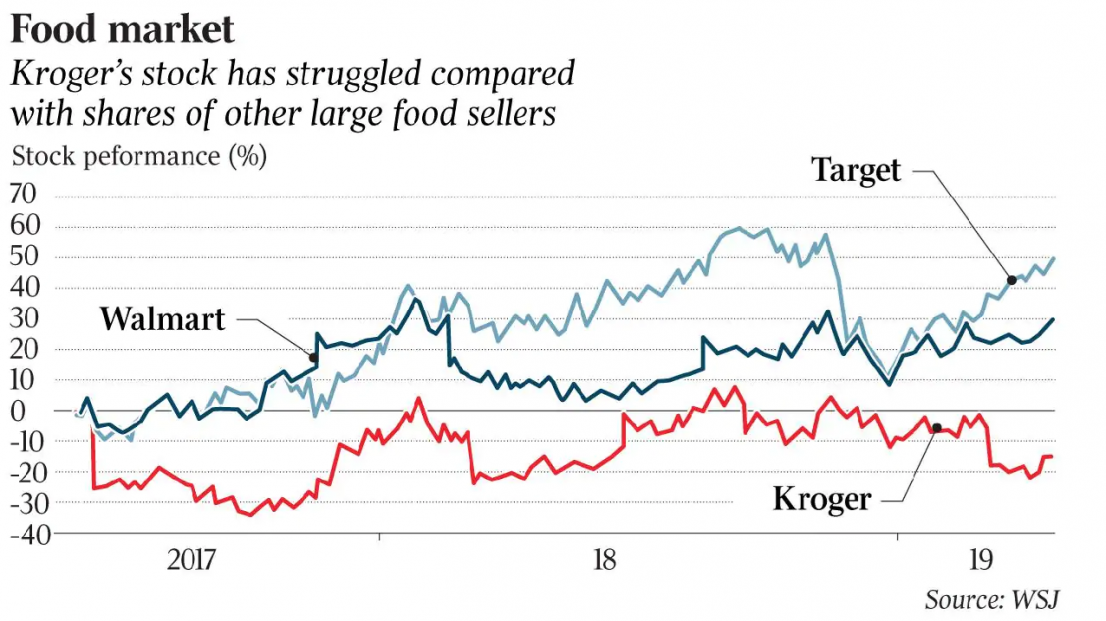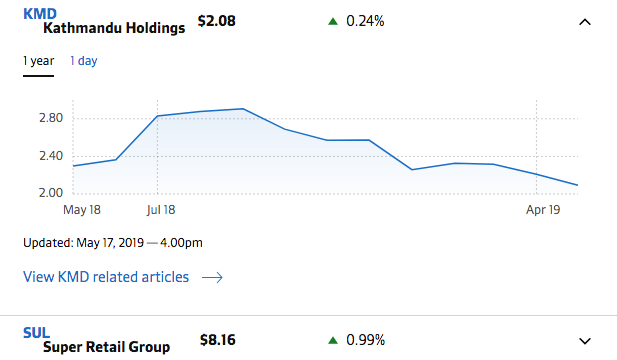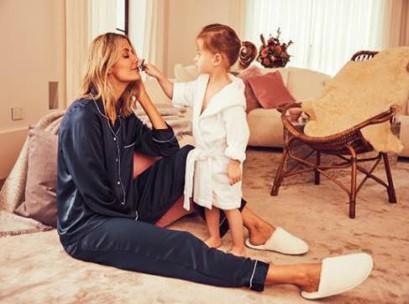
Behind the door of a 19th-century Mayfair townhouse, across seven floors with high ceilings, dove-grey carpets and a grand staircase sweeping around an enormous 1920s chandelier, dreams are given wings.
The manicured fingers that press the buzzer of this maison de couture know that the finery they’re about to witness – silk capes trimmed with ostrich feathers, gowns embellished with sequins and pearls, lapel-free jackets with teeny-tiny fabric flowers – is so exquisite as to seem otherworldly.
What they also know, these sheikhas, billionaires, and A-listers, these women, young and old, who want to look and feel beautiful, is that this is haute couture with a difference.
The intimidating vibe frequently associated with a fantasy world of personal service and expense-be-damned prices is anathema at Ralph & Russo, just as it is at the brand’s other “by appointment only” maison in Paris, and boutiques in Dubai, Doha and, as of last April, Monaco.
This may or may not have something to do with the fact that Tamara Ralph, 37, and Michael Russo, 39, partners in business and in life, are Australian.
“Hello, how are you!” they chorus, smiling as they enter a room corralled by pieces from their Spring/Summer 2019 Couture Collection: a corseted minidress adorned with silver chains and pom-poms; a bubble-gum neoprene suit speckled with multicolour crystals; a high-collared powder-blue shift dress with embroidered train and matching wide-brimmed hat. Prices start at £30,000 ($55,000) but really, if you have to ask …
“We’re building a complete lifestyle empire that spans all product categories,” they tell me in their understated, courteous way.
Nearby in Kensington is an atelier workshop magicking pieces that sometimes sell the moment they appear on a runway, as excited clients tap their orders via WhatsApp. Here at Ralph & Russo HQ, such garments can be touched, stroked, tried on, and the creative process demystified and explained.
“We try to make things easy,” says Russo.
It’s a strategy that’s worked. In just 11 years, Ralph & Russo has not only transformed couture – in 2014 they became the first British-based house in a century, and the only Australians ever, deemed skilled enough to show during Paris Haute Couture Week – but has set about building an empire, product category by product category, armed with talent, nous and unlimited ambition.
If you didn’t know their name before, you did in 2017, when Meghan Markle donned a sheer bodice and black tulle Ralph & Russo gown for her official engagement photos with Prince Harry. The rumour mill subsequently swirled around Markle's choice of wedding dress – Ralph & Russo were odds-on favourites, but French label Givenchy won out (about which I’ve been forbidden to ask).
“Do have a cake,” says Ralph, gesturing towards a silver tray. It’s easy to see why the Brisbane-raised Russo (in Tom Ford blazer and jeans) has called his fiancée the embodiment of the Ralph & Russo woman. Elegant and focused, Ralph is a vision in heels and black silk coat gown, diamond studs on her ears, gold Rolex around her wrist, her hair honey-streaked and bouncy.
She always presents this immaculately to clients, sketching out ideas using skills that were nurtured by her mother and grandmother – both former couturiers – as a girl growing up in beachside Cronulla, Sydney.
The young Tamara sold her first piece aged 12 and made clothes for friends and private clients as a teenager, honing her craft with a degree at Whitehorse Institute of Design in Surry Hills, her mind’s eye on the catwalks of Paris. “Back then, the sort of couture art pieces we do now were my passion,” she says of Ralph & Russo’s feminine, golden-era silhouettes with their emphasis on the waist. “I knew I wanted to work overseas.
We decided to build a global luxury brand organically, and the smartest way was to start at the top with couture.
— Michael Russo, Ralph & Russo
“Luckily, I’m a big believer in fate,” she adds, throwing Russo a smile.
In 2006, four hours into her first visit to London, Ralph was walking down Chelsea’s Kings Road when she bumped into Russo, an investment banker, and they started chatting. A year later, they were living in leafy Richmond, in a flat with a spare room just big enough for a mannequin and a sewing machine.
“I’d never thought about going into fashion until Tamara compelled me into it,” grins Russo. “We decided to build a global luxury brand organically, and the smartest way was to start at the top with couture and get on a par with the big names as quickly as possible.”
When Ralph wore a self-made gown – “a backless halter neck with embroidery detail, very clean and classic” – to a black-tie event, a wealthy high-profile woman (they’re not saying who) put in an order.
One client became 10, then 50. Within a year, Beyoncé and Angelina Jolie were calling. Today, they have thousands of clients including babies, grandmothers and new brides (“bridal is a large part of the business”); their 2016 couture show closed with a gigantic wedding dress that took 50 people to create. They employ 312 people, including an atelier team with 45 nationalities, and keep growing out of their offices.
Their London base has proved convenient for an international clientele with homes and children at school in the capital, and younger women from emerging markets – China, Russia, the Middle East – who come to London to shop. “They used to have to go to Paris to see these gowns,” says Russo. “We flipped it and made it easier for them to interact with the product.”
In 2017, Ralph & Russo diversified into the ready-to-wear market. “The Angelina is a bestseller,” says Ralph, indicating a silver asymmetric gown displayed on a nearby mannequin, as originally worn in black satin by Angelina Jolie at the 2017 Toronto International Film Festival and later by the couple’s great friend, Kylie Minogue, in dusky pink.
Fragrance, eyewear and beauty products are in the works. There are plans for boutiques in New York and Miami, and further down the track, in Sydney: “Australia has really developed as a market in terms of luxury,” says Ralph. “When I grew up there was one Chanel store and that was it. Now there are all these luxury brands offering beautiful retail experiences.”
Russo nods. “We’re looking at Australia as a destination flagship, especially because we’re seeing a lot of sales online, which also reflects the camaraderie many Australians feel towards other Australians who have succeeded globally.”
You have certainly done that, I say, and they laugh good-naturedly. “We’ve been fortunate,” replies Ralph. “But there’s so much more to do.”




